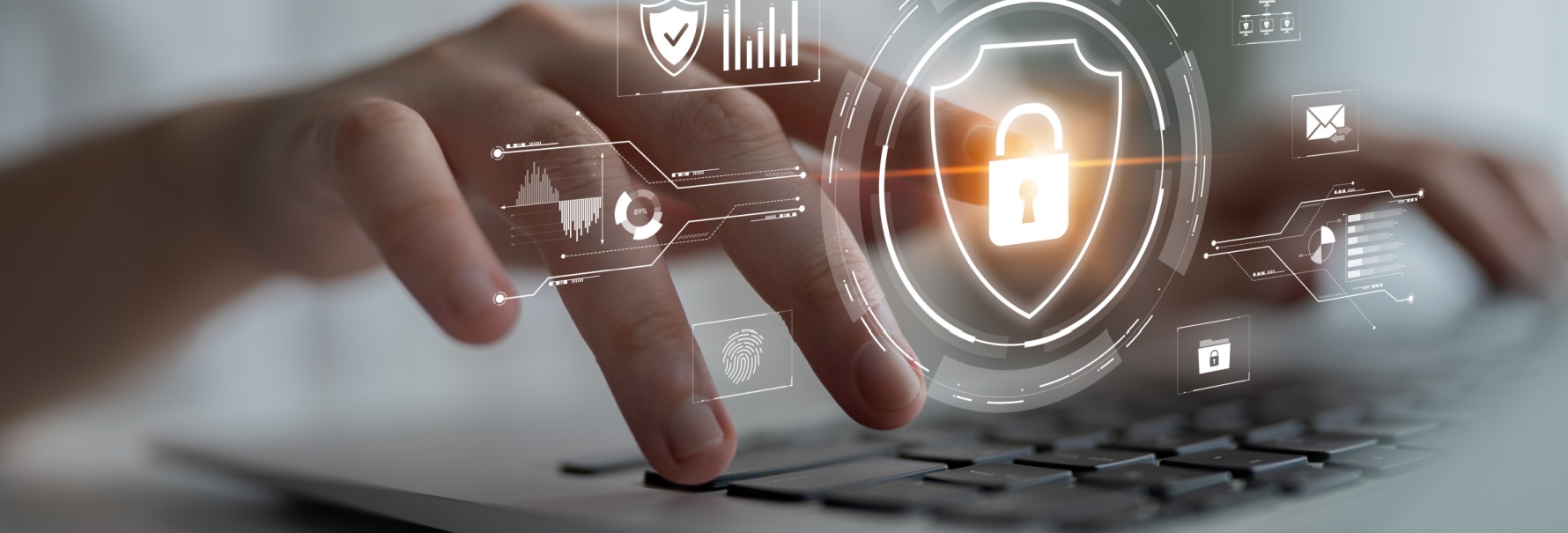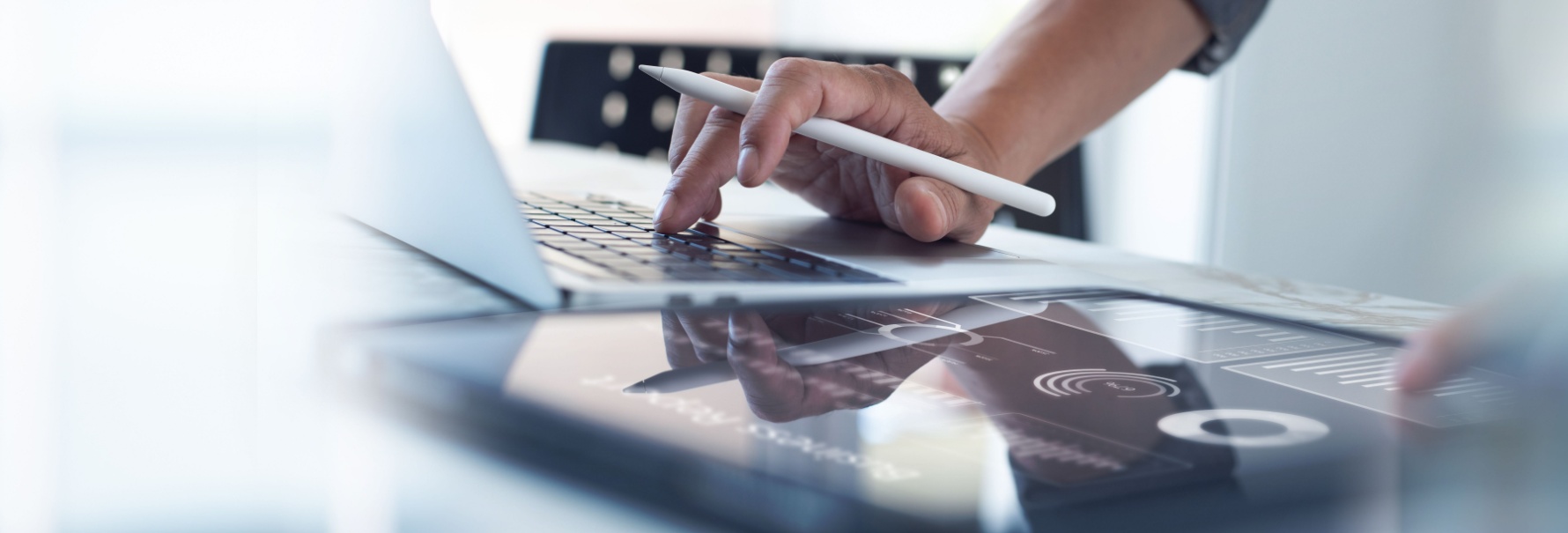You Need to Secure your WiFi Network
2023-04-18
Home networks are an essential part of all our lives, providing us with internet access and a connection to the rest of world. However, with the rise of cyber threats, it has become more important than ever to ensure that your home network is secure. A network that is not properly secured can put your personal and financial information at risk, as well as open doors for cyber criminals to access and exploit other devices on your network.
Why is it important to secure your home network?
Your home network is the gateway to the internet for all the devices in your home. If it is not properly secured, it can be vulnerable to cyber attacks, such as malware infections, hacking, and phishing scams. This can affect all devices on the network.
Statistics show that the number of cyber attacks on home networks is on the rise. In 2020, home networks were the targets of about 104 cyberattacks per home per month. This is largely due to the fact that many people are unaware of the dangers of an unprotected network, and they do not take the necessary steps to secure their networks.
An unprotected network can also leave your devices vulnerable to being used for malicious purposes. For example, hackers have previously used networks that they have infiltrated to take control of devices, which they have then used to mine cryptocurrencies such as Bitcoin.
You may be familiar with the concept of an IoT device, standing for "Internet of Things". These are devices which are connected to the internet and are used to improve our quality of life at home. They may include smart assistants, cameras, refrigerators, printers and lightbulbs. Unfortunately, these make your home network even more vulnerable. Hackers have previously taken exploited networks running IoT devices to conduct huge DDOS attacks and to commit a type of fraud known as "click fraud", where they faked clicks on adverts to generate revenue from advertisers.
What can you do to secure your home network?
Here are some steps you can take to protect your home network, most of which can be done through your router settings:
- Use a strong password: Make sure to use a strong and unique password for your router and make sure to change it regularly. For tips on how to come up with a secure password, read our previous article.
- Enable your router's irewall: Most routers have an internal firewall which is important for preventing unauthorised access to your network. Check your settings and ensure that it is switched on. Alternatively, if your router doesn't offer this functionality, consider upgrading your router or purchasing an external hardware firewall.
- Enable WPA3 encryption: WPA3 is the latest encryption standard for Wi-Fi networks, so you should enable it if it's available to you. It provides stronger security than its predecessor, WPA2, by offering stronger encryption, defense against brute-force attacks and additional protections for IoT devices.
- Disable remote management: If you don't need to access your router from outside your home network, it is best to disable remote management, as this can be a very useful tool to a bad actor who might remotely access your router themselves.
- Keep your router updated: Manufacturers regularly release software updates to fix security vulnerabilities as soon as they become known. Make sure to keep your router software updated to ensure that it is protected against the latest threats.
- Disable WPS: Wi-Fi Protected Setup (WPS) can be used to connect devices to your network quickly and easily. However, it is also a security risk. Flaws in the WPS protocol have been known for some time and now it can be easily exploited by cyber criminals to find your passwords and access your network.
- Disable UPnP: Universal Plug and Play (UPnP) can be used to automatically configure network devices. However, it has also been the target of malware that has allowed infiltrators to access millions of devices on home networks, so it is best to disable it if you do not need it.
- Use a VPN: Virtual Private Networks (VPNs) provide an encrypted connection to the internet. By using a VPN, you can protect your home network from cyber criminals who might try to intercept your internet traffic.
In conclusion, securing your home network is important in order to protect your personal and financial information, as well as to prevent your devices from being used for malicious purposes. By following these steps, you can help ensure that your home network is secure.
Sources
- https://www.independent.co.uk/tech/bitcoin-price-latest-updates-hacking-fears-computer-security-internet-cryptocurrency-mining-a8118346.html
- https://resources.infosecinstitute.com/topic/how-your-home-network-can-be-hacked-and-how-to-prevent-it/
- https://corporate.comcast.com/press/releases/comcast-report-consumers-underestimate-home-networks-cyber-threats
- https://www.justice.gov/usao-ak/pr/hackers-cooperation-fbi-leads-substantial-assistance-other-complex-cybercrime
- https://nakedsecurity.sophos.com/2018/06/27/wpa3-is-here-but-how-will-it-make-wi-fi-more-secure/
The information contained in this article is provided for informational purposes only and does not constitute professional advice and is not guaranteed to be accurate, complete, reliable, current or error-free.

Related news

ToolShell and SharePoint: A Hackathon Gone Wrong
2025-09-25This article summarizes the timeline of the ToolShell exploit, a Microsoft SharePoint zero-day vulnerability. It covers the exploit's rapid spread, which affected critical US government departments, and highlights how slow patching contributed to the attacks.
Read more
Is Microsoft Teams Secure? A Look at Emerging Threats
2025-08-22Trusted by millions of people, Microsoft Teams is now a playground for cybercriminals. This article explores social engineering tactics, real malware campaigns like DarkGate, and offers practical steps to stay safe in today’s evolving threat landscape.
Read more
The dangers of VPN credential leaks
2022-07-22The increased reliance on VPNs made the latter an attractive target to cybercriminals. In particular, threat actors began exploiting one of the known weakest links in the chain: users’ passwords.
Read more
RDoS: adding the Ransom element to DoS
2022-05-25In a continuous effort to find new techniques to extort money from targets, cybercriminals have conceived a new and more aggressive version of the popularised Denial of Service (DoS) and Distributed Denial of Service (DDoS) attacks. This type of attack, named Ransom Denial of Service (RDoS), first appeared in 2016, but made a comeback in 2020 and 2021, taking advantage of the ever-increasing number of interconnected devices, and of the remote working arrangements caused by Covid-19.
Read more
Could You Be the Target of Cyber Crime?
2023-10-02Bad actors, who may be any kind of hacker, carder, social engineer or otherwise, are always on the hunt for their next victim. how likely is it that you, yourself, are attacked in this way? Are you a target?
Read more
2023 Cybersecurity Threats and Trends
2023-07-05is perpetrated. In this article, we will take you through some key points which illustrate the direction that cybercrime is taking. This might help to inform users about the types of attacks we can expect throughout the rest of 2023.
Read more
Cyber Resilience: Checklist for Organizations
2024-11-08As cyber criminals develop new tactics, companies must strengthen their defenses. This guide provides a list of essential cybersecurity practices to protect businesses against data breaches, ransomware and other online risks.
Read more
Password Security
2022-12-27In this day and age of ever growing utilisation of, and reliance upon, digital platforms and apps our digital footprint can only grow. As a result of this, it becomes more and more important that we all practice good password hygiene. A secure password significantly reduces the risk of unauthorised access to our accounts and devices, keeping our personal information secure
Read moreContacts
Let's talk
Please fill in the form below (fields with * are mandatory) and we will respond to your request as soon as possible!